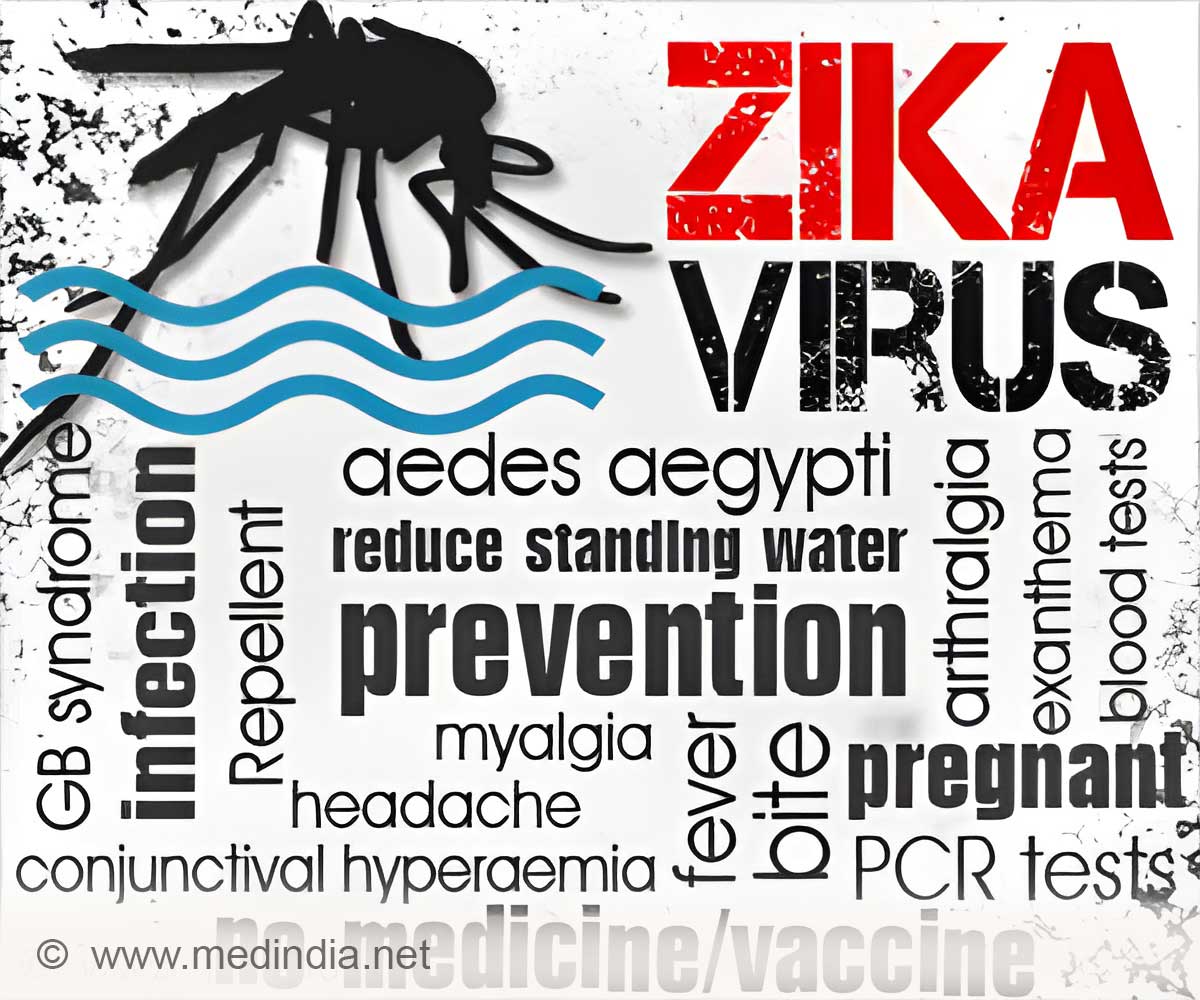Colombia has now registered more than 37,000 cases of people infected with Zika, including more than 6,300 pregnant women.
Colombia has reported the largest number of Zika cases in Latin America after Brazil. Colombia has now registered more than 37,000 cases of people infected with Zika, including more than 6,300 pregnant women, reported the country's National Institute of Health.
The latest count, based on data reported as of February 13, 2016, reflects an increase of 5,456 cases of the mosquito-borne virus in the last week for which data is available.
TOP INSIGHT
Colombia has now registered more than 37,000 cases of people infected with Zika, including more than 6,300 pregnant women.
The rapid spread of the virus has raised alarms in Latin America because it has been tentatively linked to a serious birth defect known as microcephaly in babies born to women who became infected while pregnant. Microcephaly is an irreversible condition in which a baby is born with an abnormally small head and brain.
The Institute said 6,356 of the 37,011 Zika cases recorded so far involve pregnant women.
Laboratory tests have confirmed the presence of Zika in 522 of those cases.
Clinical exams were used to identify 30,148 Zika cases in Colombia. Laboratory tests confirmed infections in 1,612 cases, and 5,251 were listed as suspected Zika infections.
Health authorities project that more than 600,000 people will be infected with the Zika virus this year in Colombia, and expect there will be more than 500 cases of microcephaly if trends seen in Brazil are borne out.
The Colombian health ministry also has reported three deaths from Guillain-Barre syndrome, a neurological disorder that is also suspected of being linked to the virus.
Source-AFP

 MEDINDIA
MEDINDIA



 Email
Email










